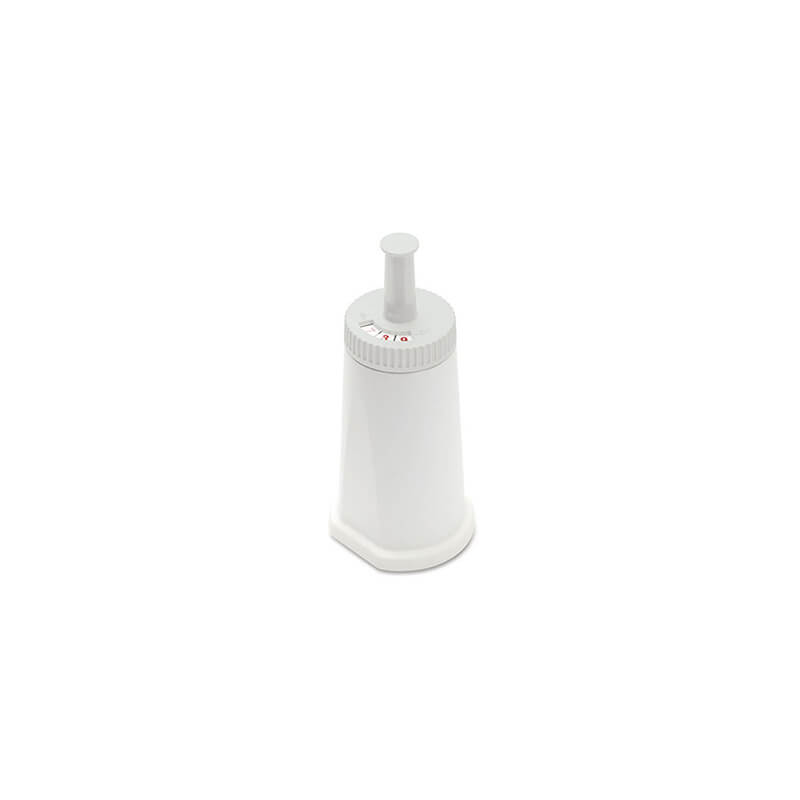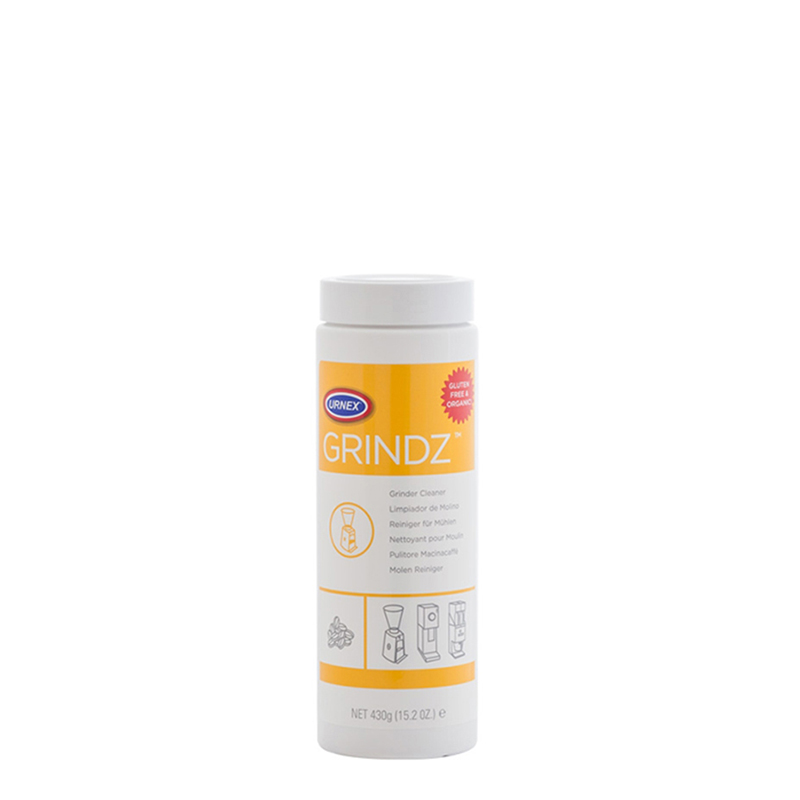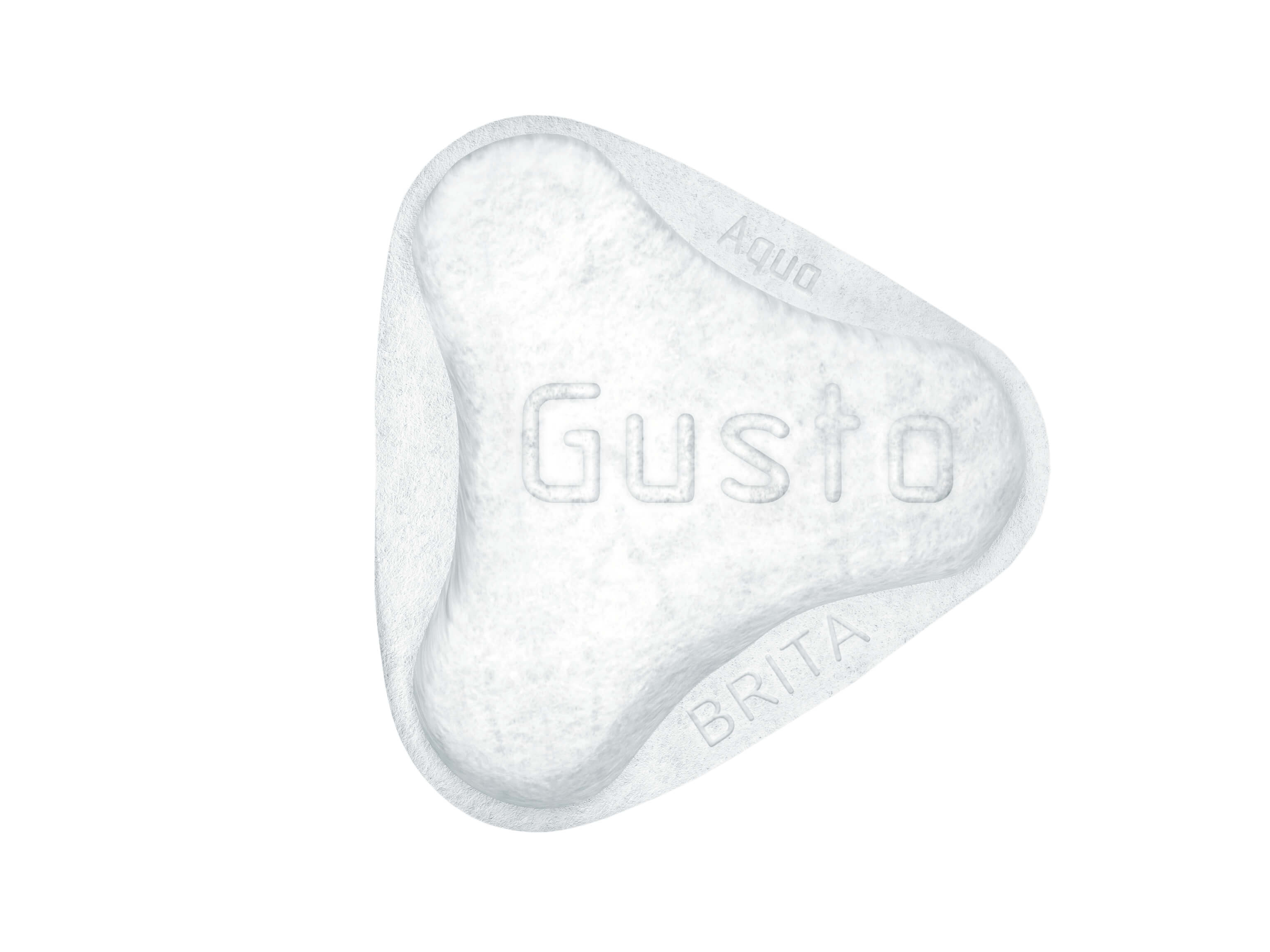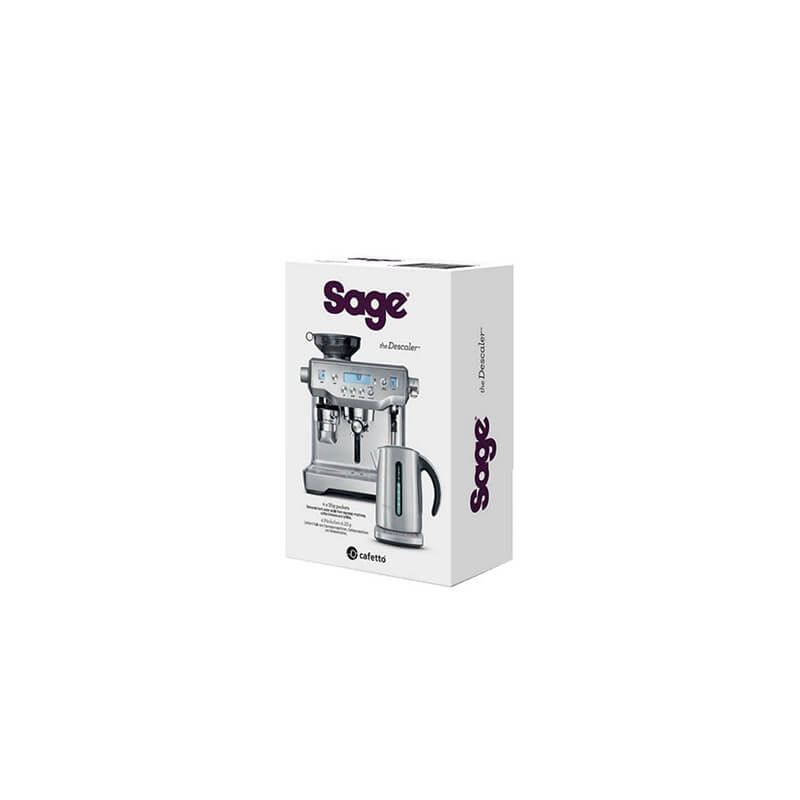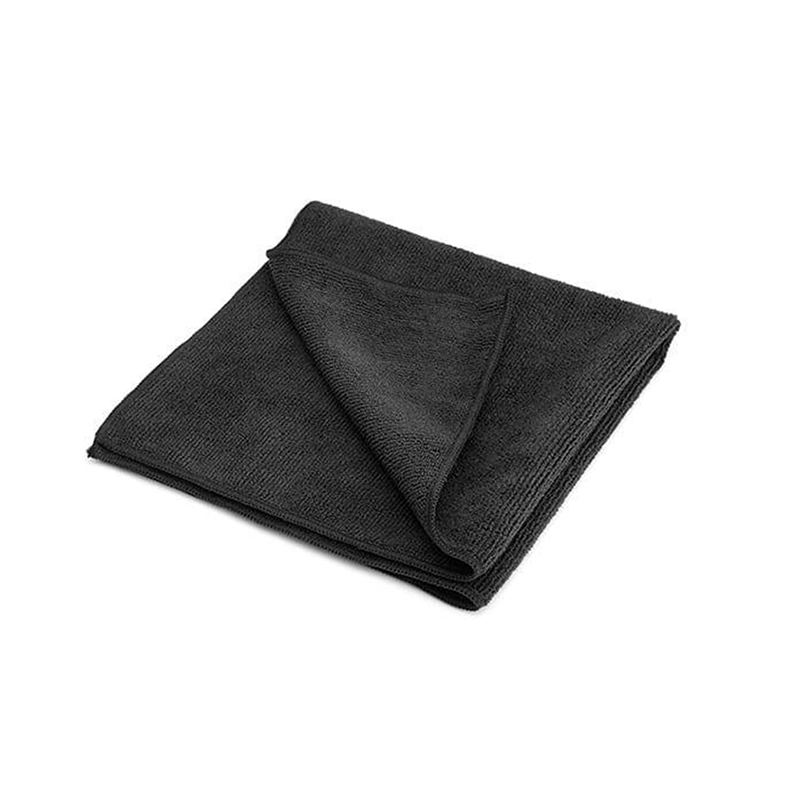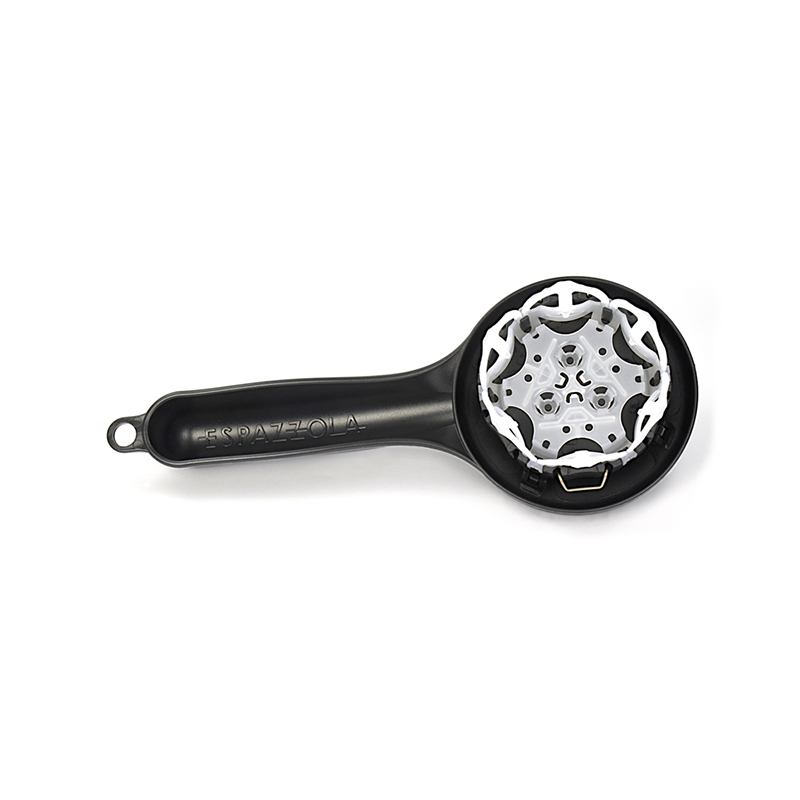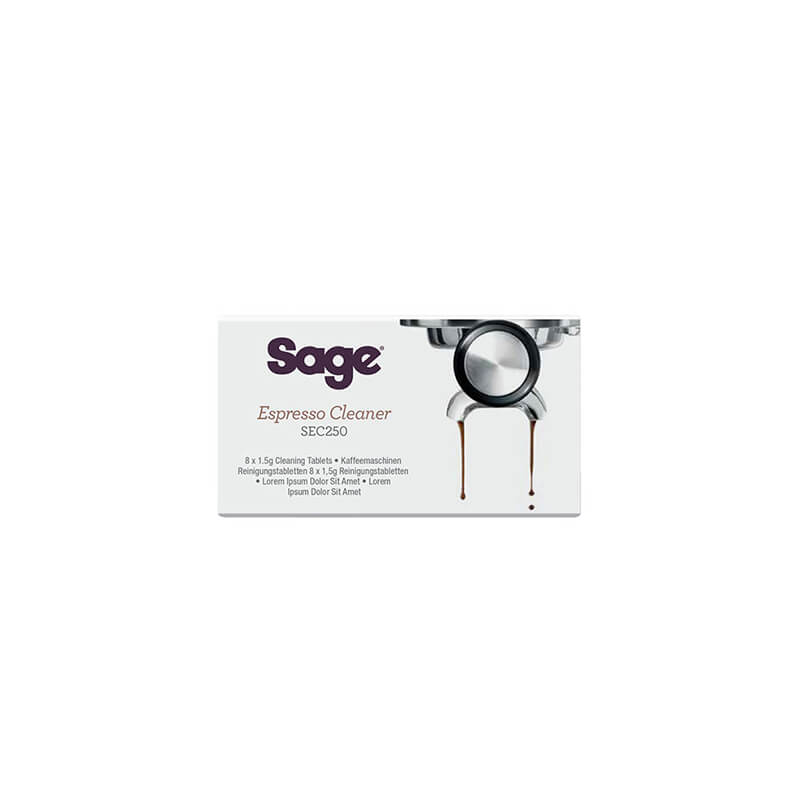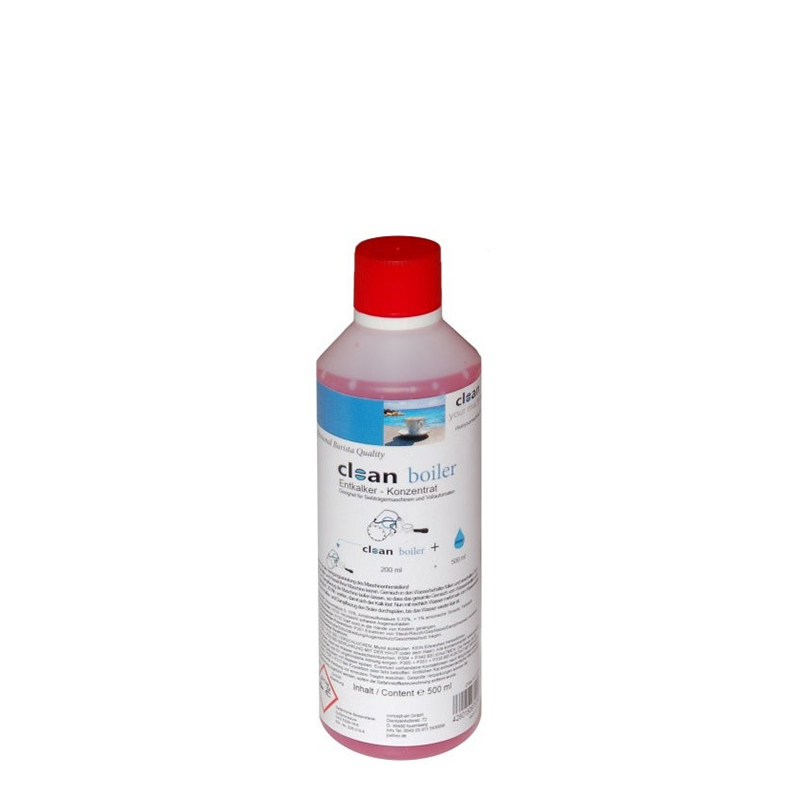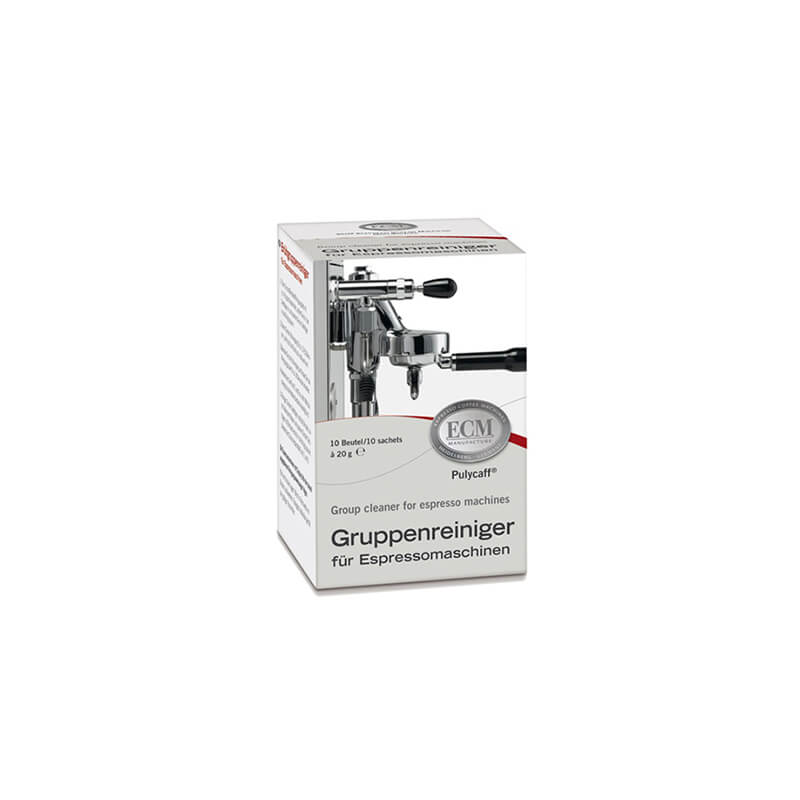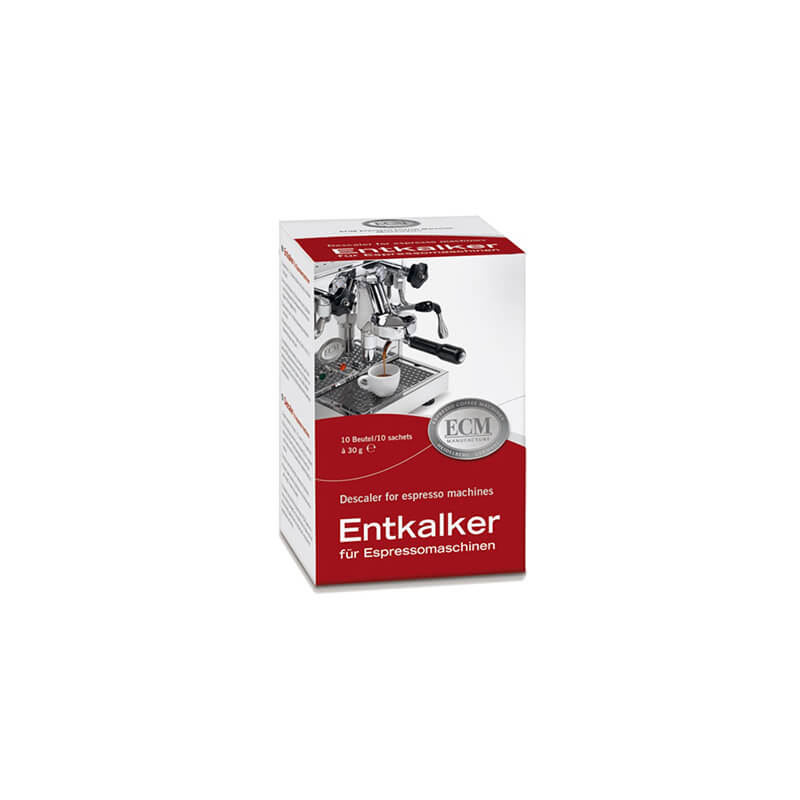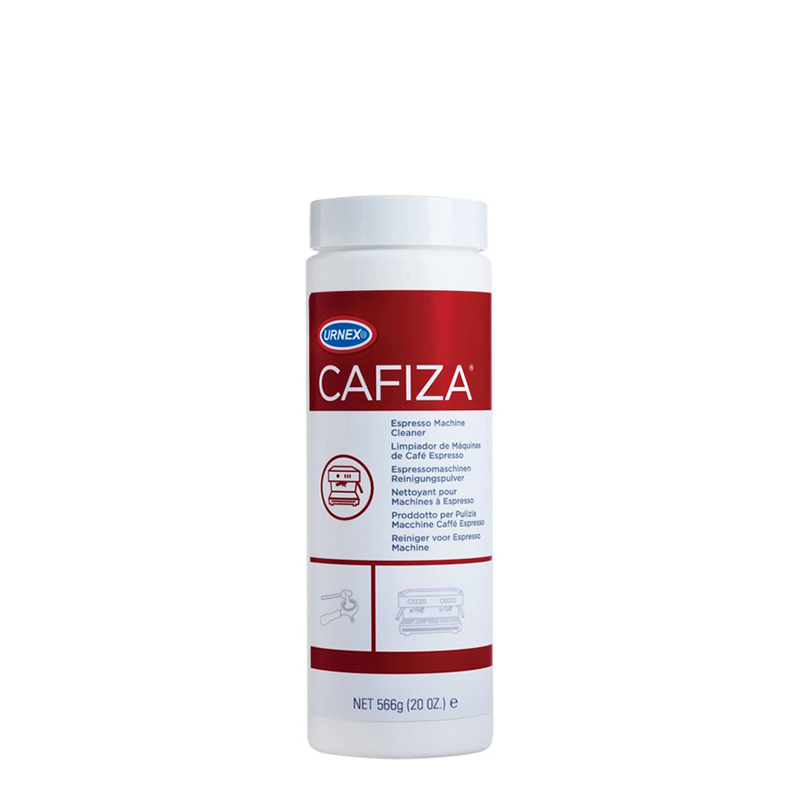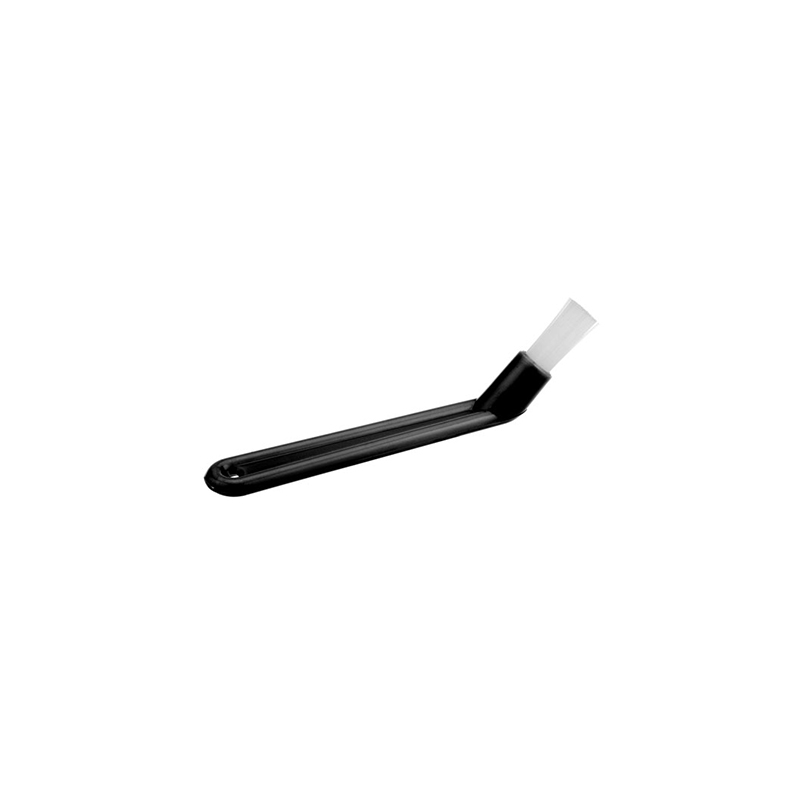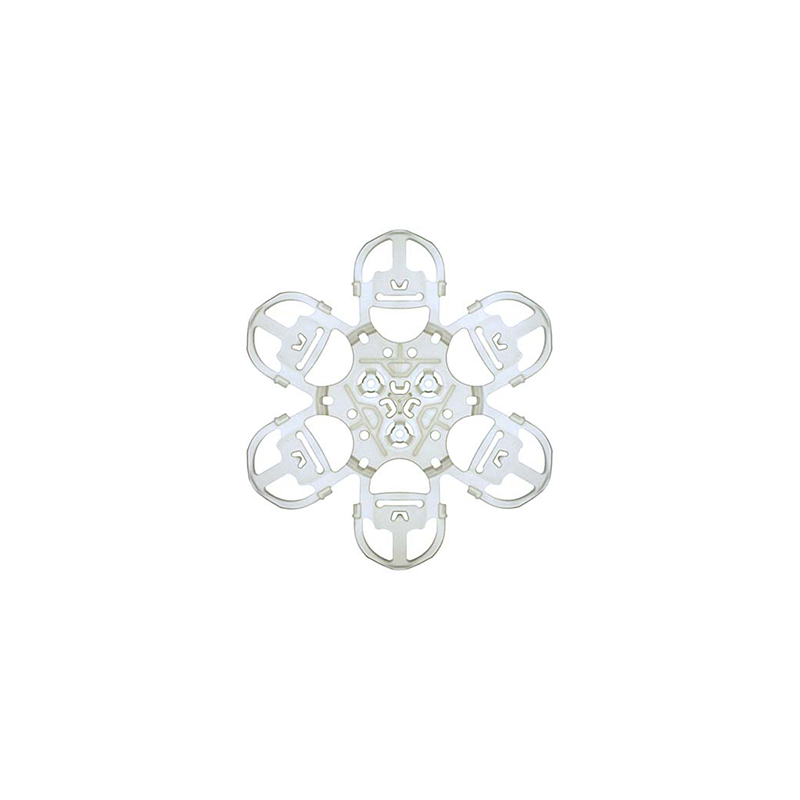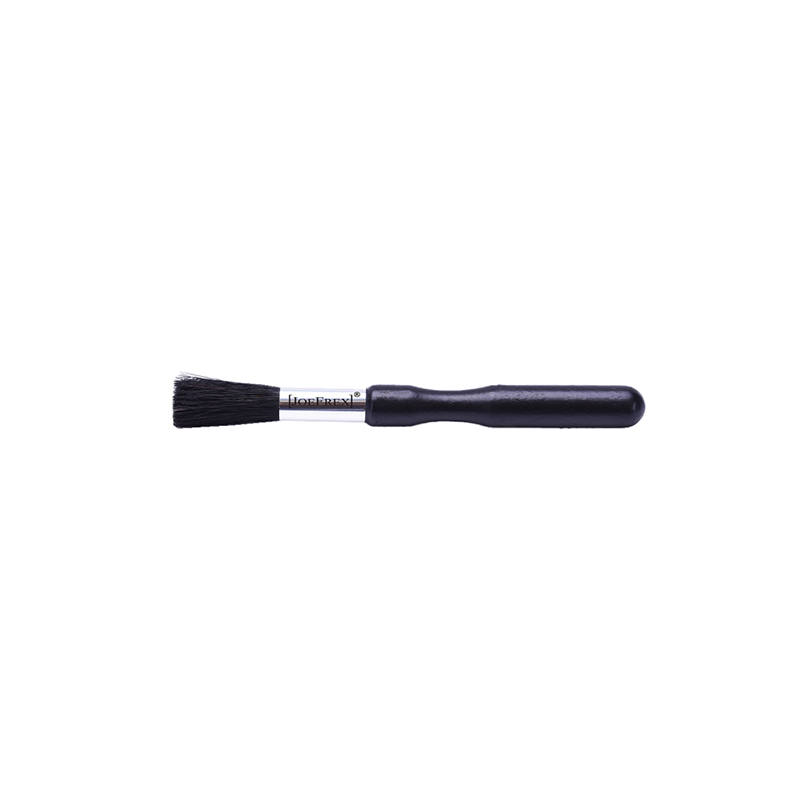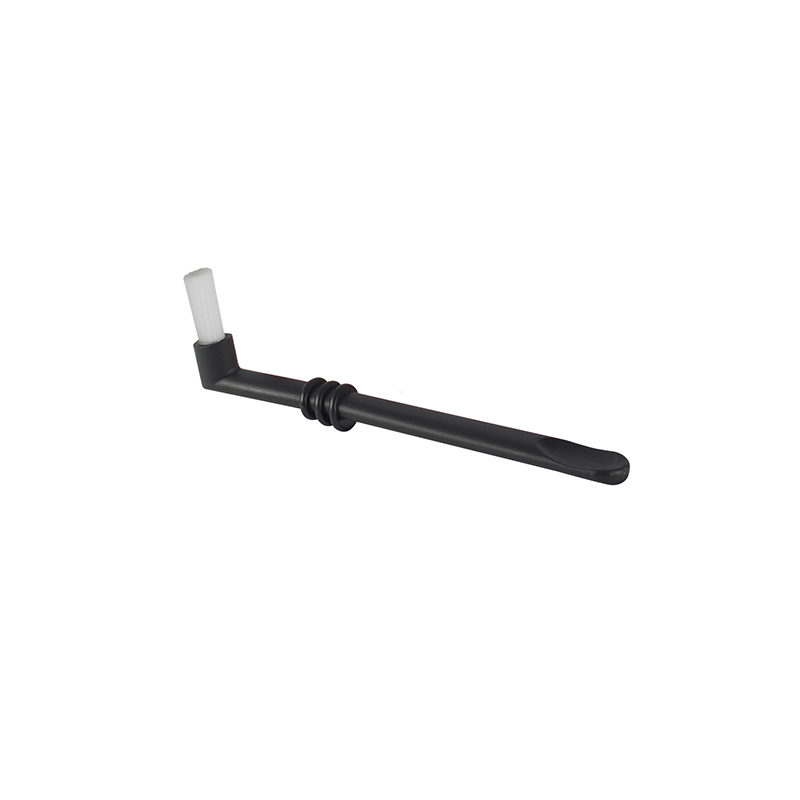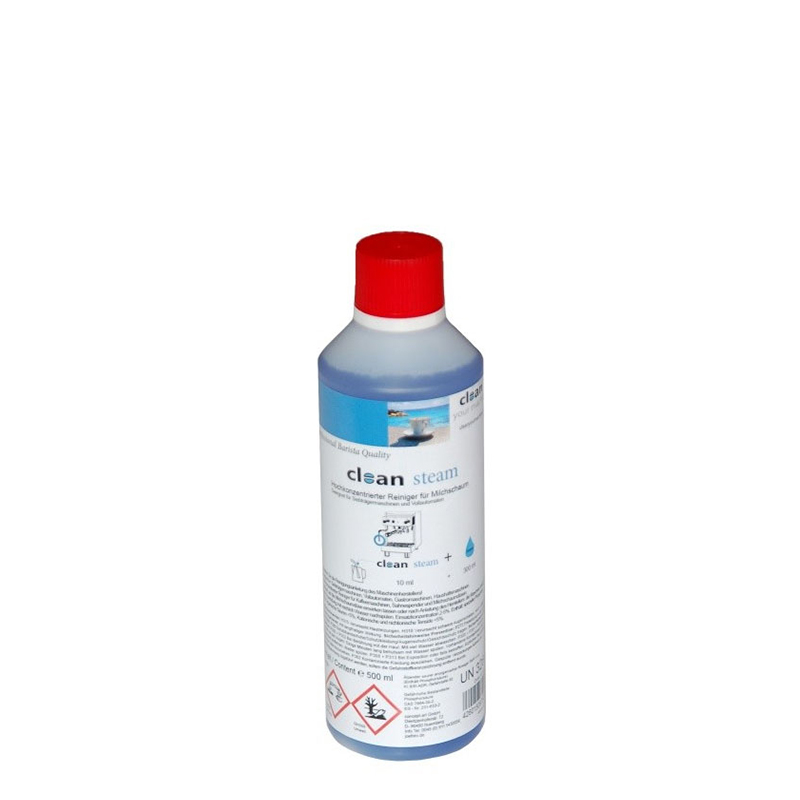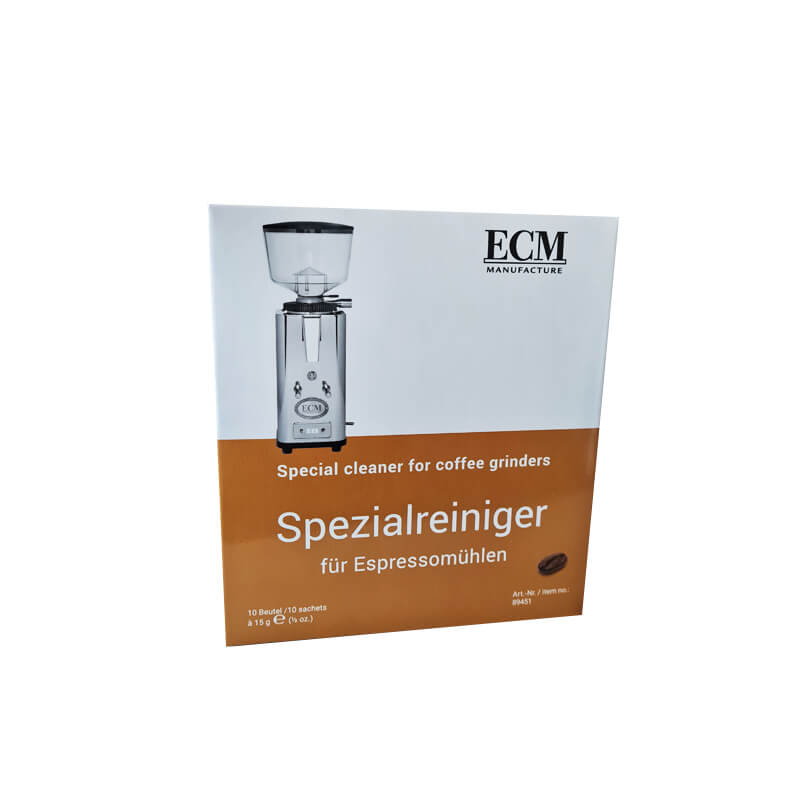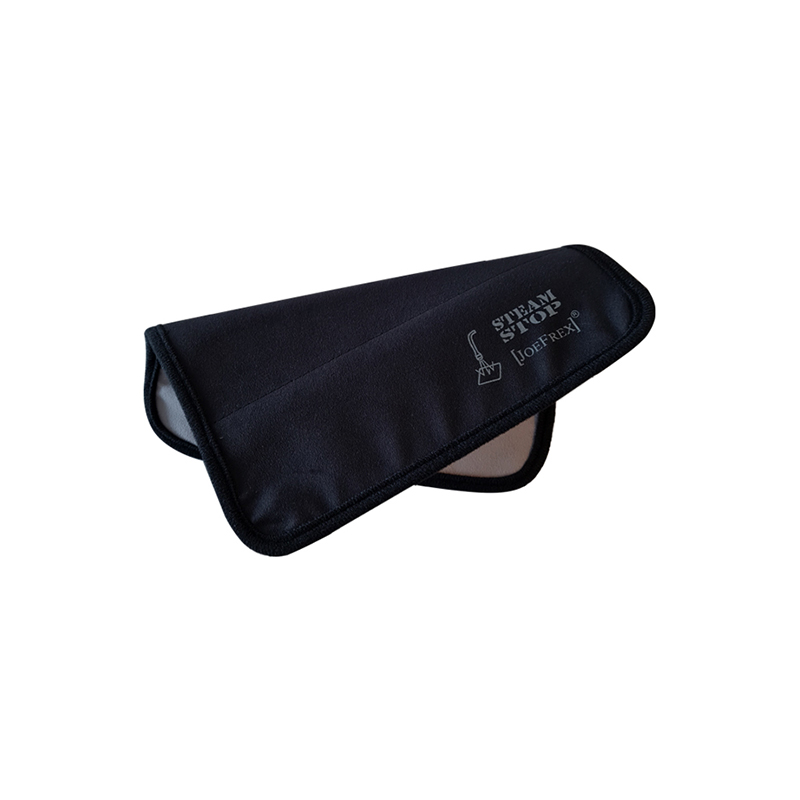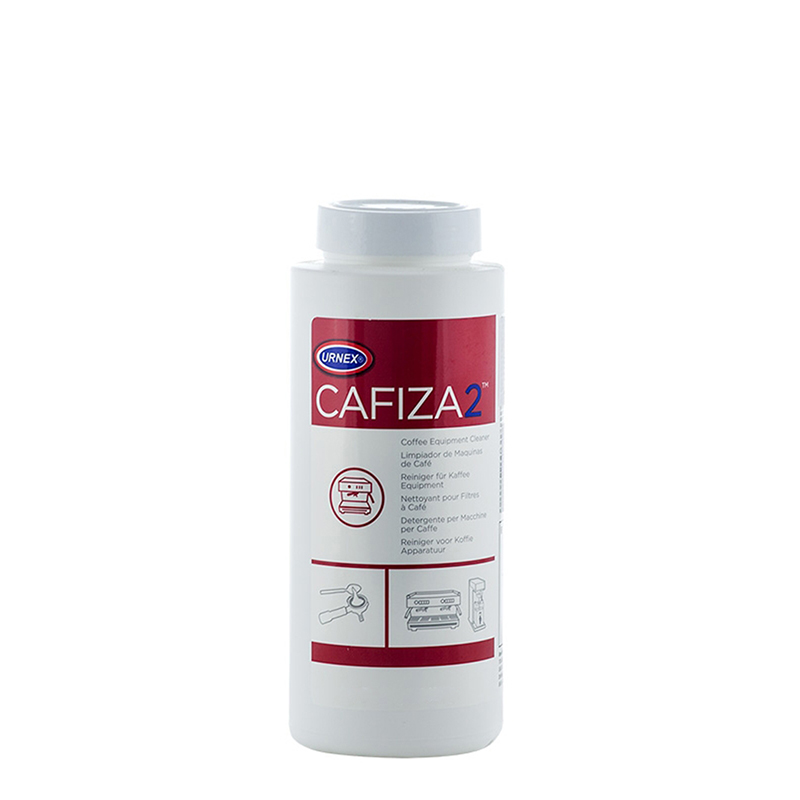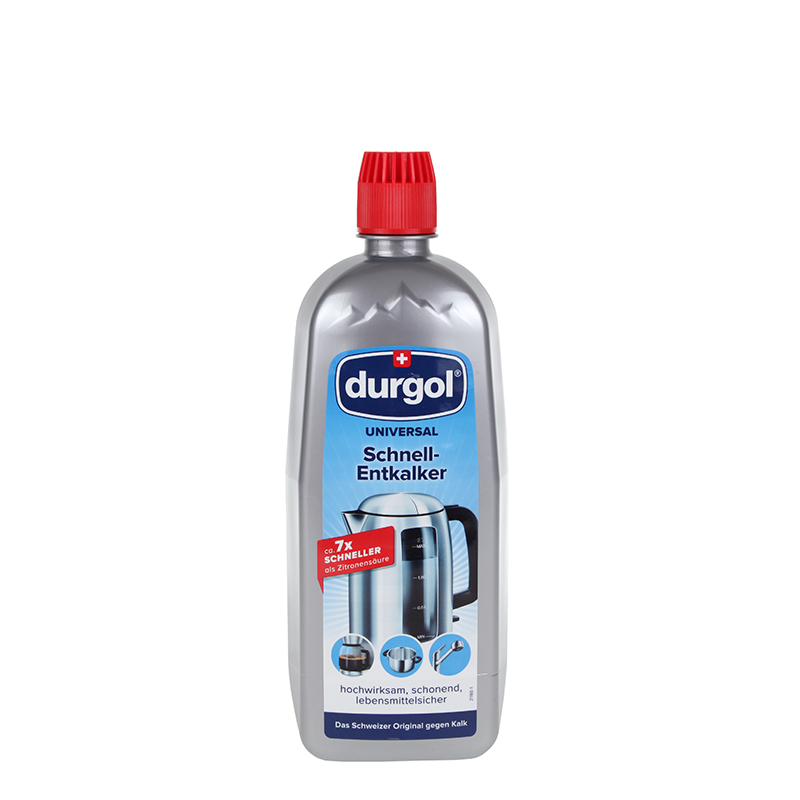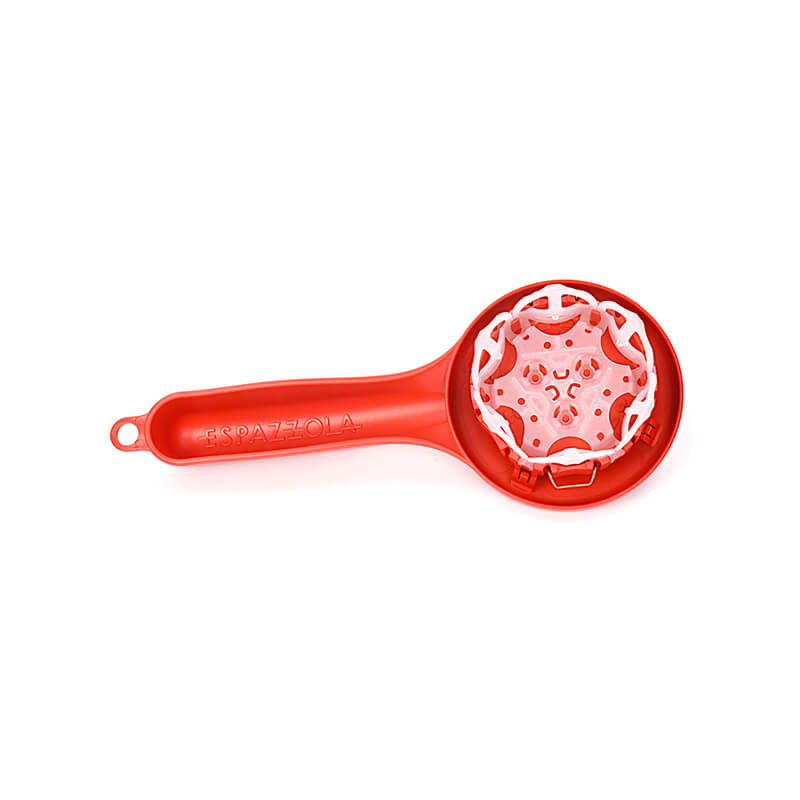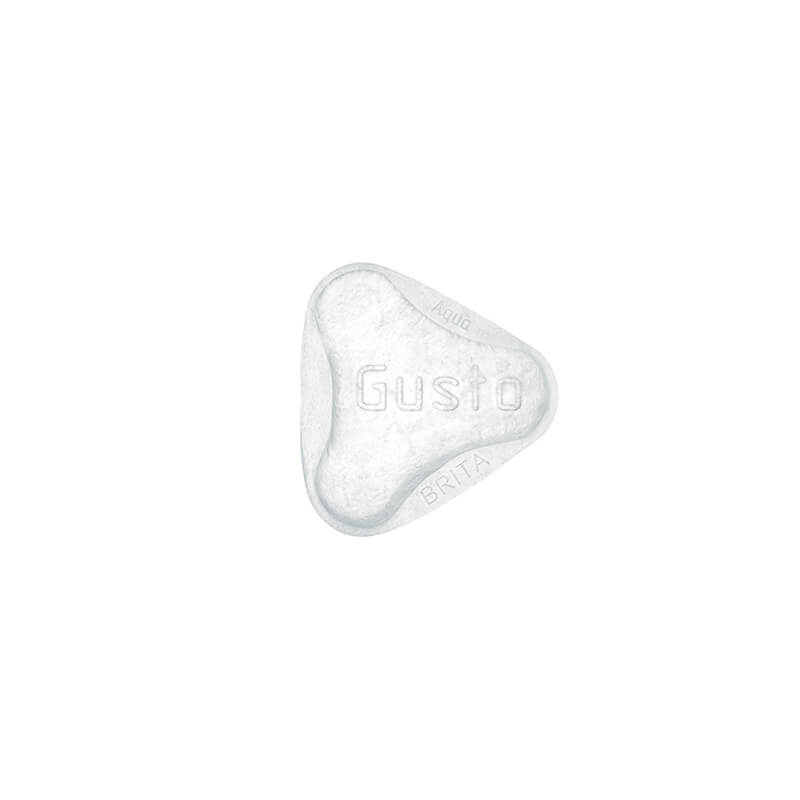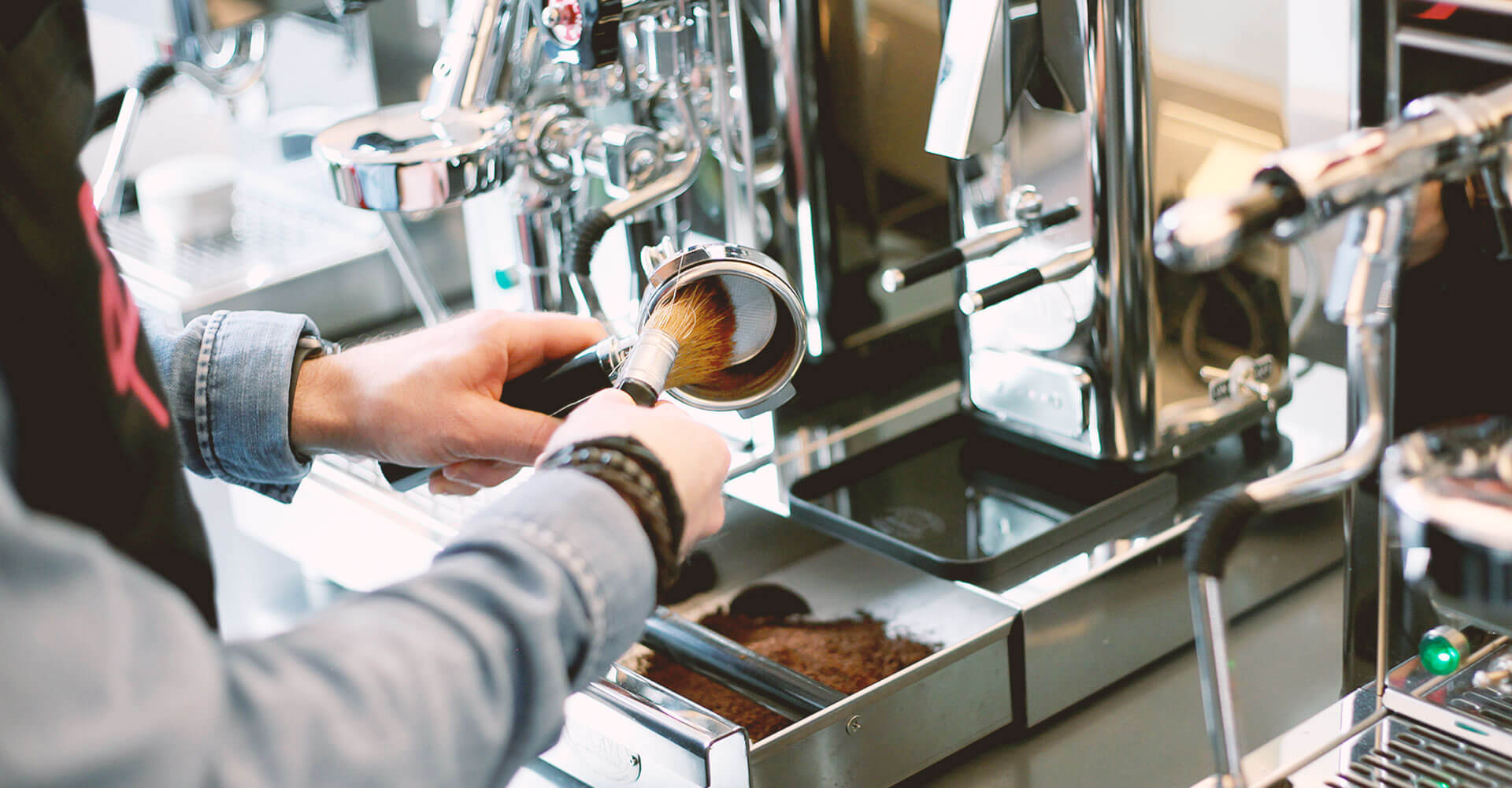

Thus, the cleaning and maintenance of the coffee machine used is just as important for a distinctly good taste as the choice of beans or the fresh grinding of coffee beans before each preparation. Regular care, with proper cleaning and maintenance of coffee machines, coffee grinders, espresso machines and the accessories is important to meet the demand for a perfect coffee and enjoy it permanently. If the cleaning and descaling of the coffee machine is neglected or operated exclusively with home remedies that do not clean efficiently enough, then this has negative consequences. For example, residues of lime from the water, as well as coffee residues can be deposited in the pipes and the interior of the coffee machine. These can have a negative effect on the taste of the coffee specialties after a long life of the machine and also make the lines of the machines porous. For this reason, in addition to regular cleaning, you should also decalcify thoroughly and at regular intervals - for this, you can get help from the decalcifiers in our store.
AT WHAT INTERVALS SHOULD I MAINTAIN MY COFFEE MACHINE?
Coffee machine maintenance, unlike coffee machine cleaning, is a more thorough examination of the machine. This means not only that a thorough cleaning of the individual components of the coffee machine is carried out, but also that the functioning of individual areas of the machines is checked. In this way, possible weak points of the machine are minimized and controlled. Professional maintenance of the coffee machine and espresso machine is recommended approximately every 2 years, depending on the manufacturer and type of machine, in order to remove the best possible residues, dirt and other deposits, as well as foci of bacteria in difficult gaps. However, if you use water that contains too much lime, then you should think about carrying out the maintenance process more regularly, thus extending the life of yours.
HOW OFTEN DO I NEED TO DESCALE MY COFFEE MACHINE?
Basically, it is recommended to thoroughly descale a coffee machine, regardless of the type, every three months. Due to the daily flow of water through the machine, calcium deposits can build up in the hoses of the machine. The degree of calcification, or the hardness of the water, is also decisive here. This means that our drinking water and the amount of lime it contains can vary depending on the region and where we live. How often you should descale your coffee machine depends on the degree of calcification and the lime content of the water in your region.
What you use to descale your coffee machine is up to you - many swear by natural descaling with citric acid, vinegar, baking soda or other household products. But professional descalers in particular are justifiably popular for carefully descaling your filter machine, fully automatic machine, portafilter or capsule machine. A regularly and decently maintained machine is the basis for your coffee enjoyment!
WHAT SHOULD BE CONSIDERED WHEN CLEANING THE COFFEE MACHINE?
Depending on the manufacturer and type of coffee or espresso machine, different steps of a cleaning should be observed. Often, the cleaning or even a small "descaling program" of a fully automatic coffee machine happens automatically at the push of a button after each use. With a portafilter, on the other hand, espresso machine cleaning is somewhat more manual. The brew group and steam nozzle should be cleaned after each espresso. The brew group can be cleaned by simply drawing water without the portafilter clamped in place to remove coarse remnants of ground coffee. In addition, you can use a suitable brew group brush under the running water draw to remove small residues and clean the brew group. You should also always clean the milk nozzle after use. To do this, clean the milk nozzle with a damp microfiber cloth after use to remove any external milk residue. Then briefly blow out the milk nozzle with steam to also remove milk residues inside the milk nozzle.
A thorough cleaning of the machine can be done with a special liquid cleaner or coffee machine cleaner according to the operating instructions of the respective machines. Also, some home remedies often serve as descaling agents for a descaling process. These include citric acid, but baking soda or vinegar can also help remove limescale deposits that have built up over months. After you have decalcified your machine, don't forget to do the necessary rinsing - please run enough liquid through it!
TIPS AND TRICKS FOR CLEANING FULLY AUTOMATIC COFFEE MACHINES
Regular cleaning and maintenance, including descaling of the coffee machine, is important for the taste of our coffee. A tip to slow down the natural calcification of their coffee machine is to use a suitable water filter. This very helpful water filter is already built into the water tank in some coffee and espresso machines at the same time and thus only needs to be renewed or replaced at regular intervals. Examples of coffee machines with an integrated water filter device in the water tank are, for example, Nivona fully automatic machines or the Sage espresso machines. The appropriate Nivona water filters and Sage water filters are also available for purchase.






